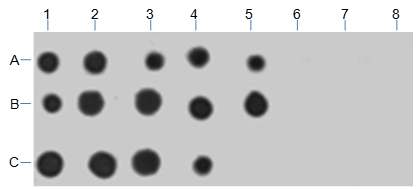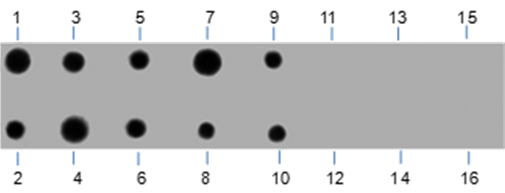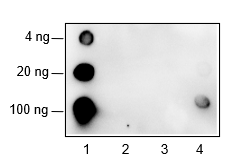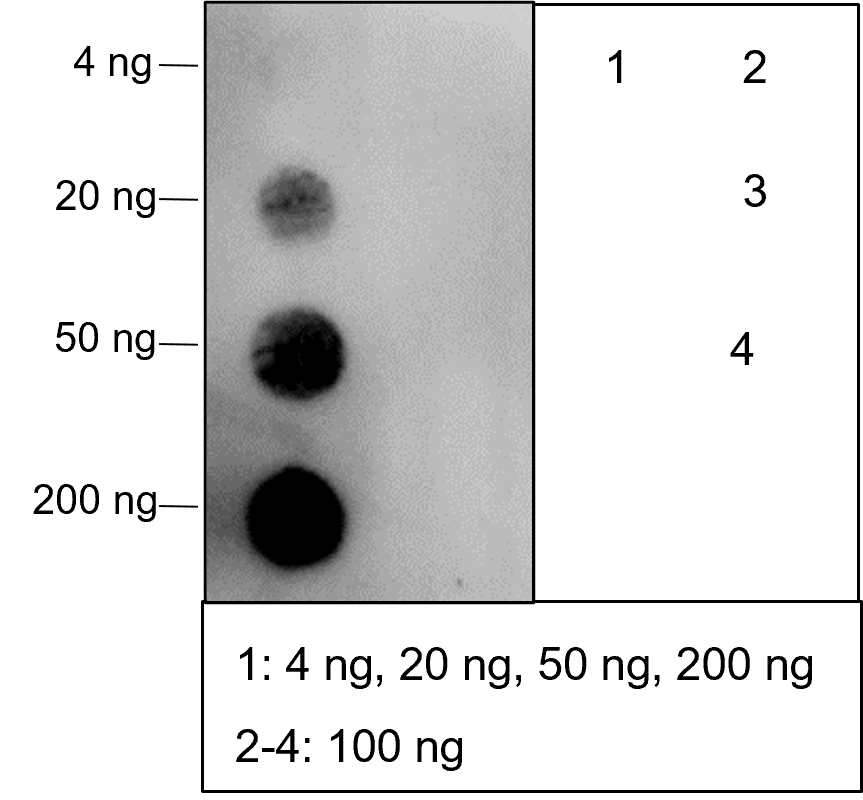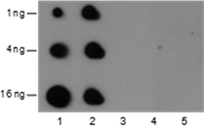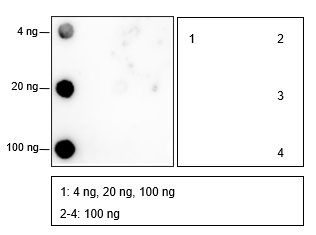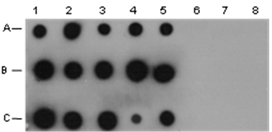Background
Tyrosine phosphorylation is a fundamental biochemical process involving the addition of a phosphate group to the amino acid tyrosine within a protein. This modification represents one of the primary mechanisms of protein phosphorylation. Tyrosine phosphorylation holds significant importance in the realm of cell signaling transduction, playing a pivotal role in various pathophysiological conditions under the regulation of tyrosine kinase activities. In cancer, dysregulated tyrosine kinase activity can drive tumor malignancy and formation by generating inappropriate cell proliferation and survival signals. Antibodies that specifically target phosphorylated tyrosine residues provide an exceptionally sensitive tool for investigating tyrosine phosphorylation and its kinase activities in biomedical and preclinical studies.
Cellular location
/


